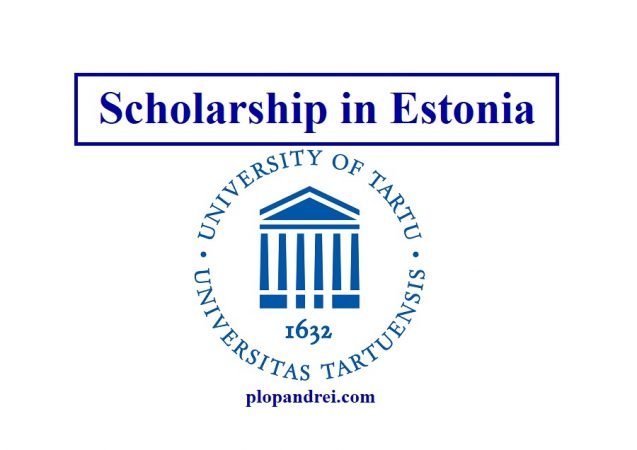
The University of Tartu is Estonia’s leading research and development institution with more than 1100 doctoral students conducting reseach at the university each year.
- The University of Tartu belongs to the top 1.2% of the world’s best universities (QS World University Rankings 2020).
- More than 125 doctoral degrees are defended annually at the University of Tartu (more than half of the total number in Estonia).
- UT belongs to the top 1% of the world’s most-cited universities and research institutions in the fields of Clinical Medicine, Plant and Animal Science, Chemistry, Environment/Ecology, Social Sciences (general), Molecular Biology and Genetics, Biology and Biochemistry, Psychiatry and Psychology, Neuroscience and Behavior, Geosciences, Pharmacology and Toxicology (ISI Web of Science 2020).
- A total of 62 UT scientists belong to the top 1% of most-cited scientists in the world (ESI Web of Science 2020).
- Doctoral schools at the UT facilitate special projects, foster international collaboration and bring extra funding and support for PhD studies, including international seminars and practical skills training.
A PhD programme lasts for 4 years and requires 240 ECTS (European Credit Transfer and Accumulation System) to be earned for completion. Read more about regulations and organisation of PhD studies at the University of Tartu. Admission is regulated by the document Admission rules in Doctoral Studies.
Admission to PhD programmes
Entry requirements
- Master’s degree or an equivalent qualification
- English language proficiency
- Russian language proficiency for Russian and Slavonic Philology PhD programme
Applicants are evaluated based on
- Doctoral thesis project/motivation letter (depending on the programme)
- Entrance interview
Please check specific requirements on each programme website.
Application process for international students
The following information applies to international students who have aquired the previous study level outside Estonia.
Note! International applicants who have completed their previous study level in Estonia or who are about to graduate from an institution in Estonia may apply via SAIS. NB! You can access SAIS only with valid Estonian ID-Card or residence card. Applicants holding Estonian citizenship, please read the information in Estonian.
